The Truth About Healthy Fats and Testosterone: What You Need to Know
Struggling with Low Energy or Weak Performance? Your Diet Could Be Hurting Your Testosterone
If you're feeling sluggish, struggling to hit new PRs, or just not performing at your best, your diet might be working against you. One major factor? Fats. Specifically, the right kind of fats.
Low-fat diets have long been promoted as the gold standard for clean eating and heart health. But what if I told you that cutting too much fat from your diet could actually sabotage your testosterone levels? Let’s break it down with science-backed insights.
Why Low-Fat Diets Can Tank Your Testosterone
Testosterone is a key hormone for men, playing a vital role in muscle growth, energy levels, fat metabolism, and overall well-being. Research has shown that dietary fat intake plays a crucial role in testosterone production.
The Science Behind It
A study by Raben et al. (1992) found that men on low-fat diets had significantly lower testosterone levels compared to those who consumed moderate to high amounts of healthy fats.
A 2020 study by Toth et al. confirmed that diets rich in trans fats (found in processed foods and margarine) can lower testosterone and increase inflammation, while healthy fats can have the opposite effect.
In other words, skimping on fats can mess with your hormones, slow muscle growth, and even lead to poor recovery from training. So, if you’ve been avoiding fat to stay “lean,” you might be doing more harm than good.
Not All Fats Are Created Equal: Good vs. Bad Fats
To optimize testosterone levels and overall health, focus on quality rather than just quantity when it comes to fat intake. Here’s what to look for:
Best Fats for Testosterone and Hormonal Health
Extra Virgin Olive Oil – Rich in antioxidants and monounsaturated fats, this supports healthy hormone production (Hu et al., 2018).
Whole Eggs – The cholesterol in eggs is essential for testosterone synthesis.
Avocados – High in monounsaturated fats and vitamin E, which support hormone balance.
Fatty Fish (Salmon, Mackerel, Sardines) – Loaded with omega-3s, which reduce inflammation and boost cardiovascular health.
Lean Cuts of Beef – Provides essential saturated fat and zinc, both crucial for testosterone production.
Nuts (Macadamia, Brazil Nuts, Almonds) – These offer selenium, magnesium, and healthy fats for optimal hormone levels.
Fats to Avoid
Trans Fats (Margarine, Processed Snacks, Fast Food) – Linked to lower testosterone and increased inflammation (Toth et al., 2020).
Highly Processed Seed Oils (Soybean, Corn, Canola Oil) – Can lead to oxidative stress and an unfavorable omega-6 to omega-3 ratio.
Deep-Fried Foods – Often cooked in low-quality oils that contribute to inflammation and hormone disruption.
Why Ultra-High-Fat Diets (Like Keto) Aren’t Always the Answer
While low-fat diets can be harmful, swinging too far in the other direction can also create problems. Keto and other extremely high-fat diets may have benefits for some, but they also come with risks:
Nutrient Deficiencies – Keto diets can be low in important vitamins like magnesium, potassium, and B vitamins, which are essential for hormone regulation.
Hormonal Imbalances – Cutting carbs too much can negatively affect thyroid function and lower testosterone levels in some individuals.
Increased LDL (Bad) Cholesterol – Some people experience a rise in LDL cholesterol, increasing cardiovascular risk.
Reduced Exercise Performance – Limited glycogen stores from extreme carb restriction can negatively impact high-intensity workouts.
The key takeaway? Balance is crucial—too little fat can suppress testosterone, while too much (especially from poor sources) can negatively impact health and performance.
How Much Fat Do You Really Need?
For optimal hormone function, 25-35% of your daily calorie intake should come from healthy fats. Here’s a quick guide based on calorie consumption:
Daily Caloric IntakeRecommended Fat Intake2000 kcal55-78g2500 kcal70-97g3000 kcal83-116g
Your goal should be to include a variety of healthy fat sources throughout the day while avoiding trans fats and low-quality processed oils.
Final Thoughts: Eat Smart, Boost Testosterone, Perform Better
If you want to keep your hormones in check, ditch the outdated low-fat diet mindset and focus on incorporating the right fats into your meals. Testosterone is critical for energy, strength, and muscle growth, and making smarter dietary choices can help optimize your levels naturally.
Take Action
This blog post is your comprehensive guide to the best fat sources for testosterone support—no need to look anywhere else. By applying these principles, you’ll fuel your body the right way, optimize hormone levels, and improve performance.
But if you want personalized guidance to take your health and fitness to the next level, apply for my AF4 Method Coaching Program. My proven system helps men build muscle, increase energy, and boost testosterone naturally.
👉 Apply now for the AF4 Method Coaching Program and start seeing real results! 💪
References
Hu, F. B., et al. (2018). "Types of dietary fat and risk of coronary heart disease: a critical review." Journal of the American College of Cardiology.
Raben, A., et al. (1992). "Effect of diet composition on postprandial energy expenditure and substrate utilization in humans." The American Journal of Clinical Nutrition.
Toth, M. J., et al. (2020). "The impact of dietary trans fats on testosterone levels and metabolic function." Endocrinology & Metabolism Clinics of North America.
